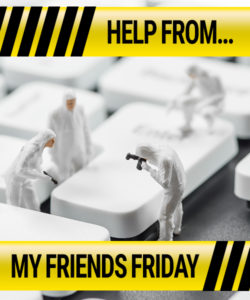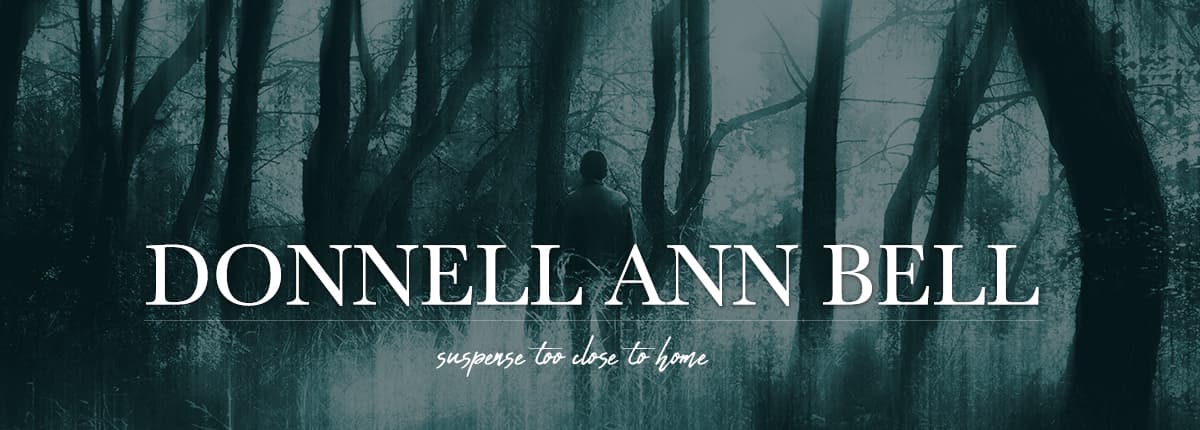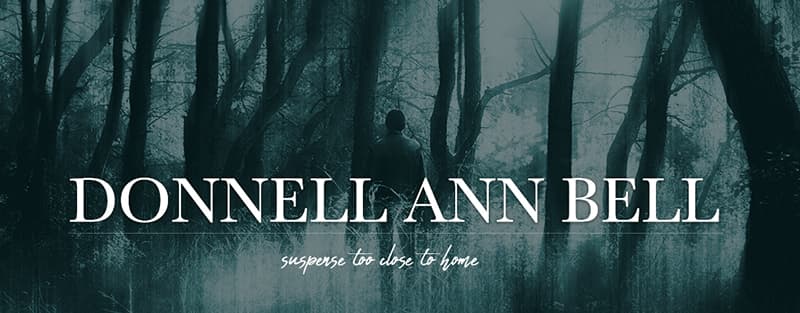 I am so pleased to host Author Ellen Kirschman Ph.D. on my blog today. In addition to writing her stellar Dot Meyerhoff mystery series, Dr. Kirschman volunteers for a much-needed service for first responders and their families. Please welcome Ellen Kirschman Ph.D. as she explains the work that this committed group of volunteers does. I can’t think of nobler or more important goal: its primary mission to save lives. ~ Donnell
I am so pleased to host Author Ellen Kirschman Ph.D. on my blog today. In addition to writing her stellar Dot Meyerhoff mystery series, Dr. Kirschman volunteers for a much-needed service for first responders and their families. Please welcome Ellen Kirschman Ph.D. as she explains the work that this committed group of volunteers does. I can’t think of nobler or more important goal: its primary mission to save lives. ~ Donnell
By Ellen Kirschman Ph.D.

Ellen Kirschman Ph.D.
First responders see things that no one should have to see, do things that no one should have to do, and go places no one should have to go. They console the unconsolable, encounter the unthinkable, and are exposed to some of the cruelest, most tragic moments life has to offer. At times many of them need psychological help but are stymied in their efforts by stigma, the fear of looking weak, and a lack of culturally competent clinicians who understand first responders and the culture in which they work. Enter the First Responder Support Network (FRSN).
A Little Background: Modeled after the On-Site Academy in Massachusetts, we are a volunteer organization that is peer-driven and clinically guided, offering treatment, education, training, and support to the first responder community and their families since 1999.
 FRSN sponsors two retreat programs, one for first responders (WCPR) and one for spouses and significant others (SOS). Each retreat lasts six days and has only six clients. We offer 14 first responder retreats a year and four SOS retreats. Since the first retreat in 2001, we’ve graduated over 2000 first responders and 246 family members. There are long waiting lists for both retreats. To meet the demand, in addition to our facility in the Napa Valley in California, we have opened satellite locations in Oregon, Washington State, Arizona, Kansas, Nebraska and Indiana.
FRSN sponsors two retreat programs, one for first responders (WCPR) and one for spouses and significant others (SOS). Each retreat lasts six days and has only six clients. We offer 14 first responder retreats a year and four SOS retreats. Since the first retreat in 2001, we’ve graduated over 2000 first responders and 246 family members. There are long waiting lists for both retreats. To meet the demand, in addition to our facility in the Napa Valley in California, we have opened satellite locations in Oregon, Washington State, Arizona, Kansas, Nebraska and Indiana.
For more than 15 years I have been a volunteer clinician at both retreat programs. The work is intense, challenging and incredibly rewarding. Many of our clients have been suffering for years. By the time they come to us they are teetering on the edge of suicide or divorce.
The First Responder Retreat: Our primary mission is to save lives. Cops and fire fighters are two to three times more likely to kill themselves than they are to be killed in the line of duty. We aim to help our clients and their families regain control over their lives and build a better balance between work and home. We are a back to life program, not a back to work program.
more likely to kill themselves than they are to be killed in the line of duty. We aim to help our clients and their families regain control over their lives and build a better balance between work and home. We are a back to life program, not a back to work program.
Our treatment team consists of clinicians, peers (first responders who have graduated from the program or have special peer training) and a chaplain. The ratio of staff to clients is about 3 to 1. The approach we use is multi-dimensional; on-on one-counseling, peer support, prolonged exposure debriefings, and bilateral brain stimulation (EMDR and brain-spotting) to reprocess traumatic memories. There is non-denominational chapel every morning and an AA or an Al- Anon meeting at every retreat. We also have interactive educational presentations on many subjects. Every client leaves the program with a 90-day action plan, a peer supporter, several follow-up online meetings, and, if needed, a referral for therapy or medication.
 The SOS retreat: Modeled on the first responder retreats, our clients are mostly female. They come with their own trauma histories. Most are struggling to understand the changes work-related stress and trauma have created in their first responder partners. They are exhausted, emotionally drained, and frightened from trying unsuccessfully to “fix” their psychologically wounded partners. They’re isolated, falsely believing they are alone and no other family is going through what they are experiencing. Our goal is to help restore their self-confidence, distinguish between what they can and cannot control in their relationships, encourage better self-care and move toward a healthier, more independent lifestyle.
The SOS retreat: Modeled on the first responder retreats, our clients are mostly female. They come with their own trauma histories. Most are struggling to understand the changes work-related stress and trauma have created in their first responder partners. They are exhausted, emotionally drained, and frightened from trying unsuccessfully to “fix” their psychologically wounded partners. They’re isolated, falsely believing they are alone and no other family is going through what they are experiencing. Our goal is to help restore their self-confidence, distinguish between what they can and cannot control in their relationships, encourage better self-care and move toward a healthier, more independent lifestyle.
Why the retreats work: First responders trust their peers before anyone else, sometimes even their families. It makes sense to trust someone who has walked in your shoes. As a clinician, I’ve never shot a gun, been in a fight or pulled someone out of a crushed car.
Not every clinician is a good fit for working with first responders. FRSN clinicians have been vetted by the peers to be culturally competent. This means we understand the first responder culture. We are transparent, open about ourselves and our own traumas. We can listen to what is grotesque or cruel or tragic without buckling. We are direct––we answer questions. And we are not put off by gallows humor.
Knowing we have our clients i for six days, 24 hours a day, allows clinicians to be more direct than we would be in a 50 minute out-patient setting when we won’t see the client for another week. We work around the clock, as needed, starting at 8:00 a.m. with check-in and finishing, if we’re lucky, around 10:00 p.m.
Many of our clients and peers have been abused or neglected as children. Coming from a chaotic home when one was forced into premature adulthood is perfect training for an emergency responder. Our clients struggle to understand what happened to them, sometimes decades ago, and why they are acting the way they are in the present. Traumatic memories have no expiration date. Our clients need to process their long-avoided memories of critical incidents and childhood abuse.
We see cops who blame themselves because they killed someone, and we see cops who blame themselves because they didn’t. We know that incidents involving death or injury to a child are among the most psychologically difficult calls. And we know that any sort of betrayal – personal, organizational, or administrative—can turn a minor event into a major problem.
To be a hero or a person of valor takes courage. There are many kinds of courage. It takes courage to hold the hand of someone who is dying in a car wreck. It takes courage to deliver a death notice. It takes courage to stand up for your rights as a worker. It takes courage to confront your own flaws and your own fears. It takes courage to leave a sick child at home so you can devote yourself to helping someone else’s child. Sometimes it takes courage just to show up at work, knowing that whatever you do or don’t do that day can land you in the hospital, in court, in the chief’s office, or in the morning headlines. But of all the difficult events our first responder community takes, the most challenging thing many of them have ever done is to walk through the front door of our retreat center.
If you would like more information about FRSN for yourself or someone you know, go to FRSN.ORG. If you want to support our work, you can make a donation on our website. Be sure to watch the video on the landing page.
If you’d like more information about post-traumatic stress injuries and/or police psychology, feel free to contact me at www.ellenkirschman.com. If you sign up for my occasional newsletter you will also receive my monthly Psychology Today blog for first responders and their families.
About Dr. Kirschman’s Dot Meyerhoff Mystery Series:

Police psychologist Dot Meyerhoff’s job is to counsel police officers and their families, but sometimes her “probing” draws her into their cases in ways that look a lot like “investigating”. Dot’s unconventional investigation strikes a balance between the intrigue of a page turner and the empathy of a satisfying talk with a beloved friend.











Ellen, thank you for being my guest today. I was blown away that such a service was available to first responders and their families. The fact that it’s grown is another plus. And the second fact that volunteer clinicians and vetted peers are standing by to help is all that more remarkable. Thank you for sharing this article with us.
Thanks for the opportunity to talk about work I love. I do have an update for your readers: FRSN hosts 24 first responder retreats and 5 spouses/significant (SOS) retreats per year. Currently we have graduated 1803 first responders and 257 spouses and significant others. Our satellite retreats in Arizona and Nebraska are no longer in service.
Thank you, Donnell and Ellen, for such a wonderful post. And, Ellen, thank you for the work you do! Being married to a retired officer (47 years of service), I 200% appreciate you!
47 years of service for both of you. I am happy that first responder families are getting the attention they deserve.
Such good work! I am so grateful we are finally paying attention to the issues of trauma and vicarious trauma. I am glad you do what you do! Thanks for sharing.
It’s my privilege. I gain as much as I give every retreat.
Incredibly insightful article about such an important topic! On behalf of the three generations of police who came before me, thank you, Ellen, for working to take care of those who take care of us!! And thank you for educating us about it!!
My pleasure.
Thank you for such an informative post, Ellen! I so appreciate the work you do. I heard you speak on a panel at a Left Coast Crime years ago and have been so impressed by you and your work ever since. Very best wishes in your work and your writing.
Thank you. I will be speaking again at LCC in Tucson. Hope to see you.
Thank you so much for such a great post. Your work is so important and your statement about trauma not having an expiration date really resonated with me. Thank you for helping those who help us!
My pleasure. I credit the insight. About expiration dates to my colleague Dr. Joel Fay.
Ellen, once again, I am awed by your commitment to this work and appreciative of your generosity in giving writers a look inside.
Thanks Leslie. I am always happy to help my fellow writers with an inside look.
Ellen,
The words you share are not heartwarming. However, I love that you share them. You leave my heart gripped with fear and love for those men and women who make up the world of first responders.
God bless you and the folks you help and especially those who don’t come through the door to you.